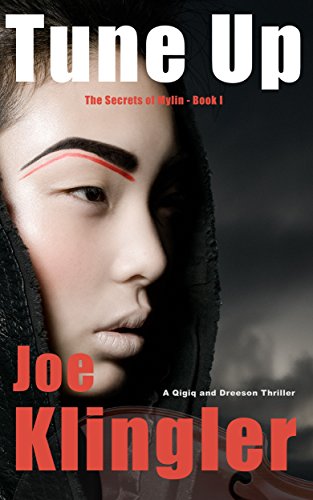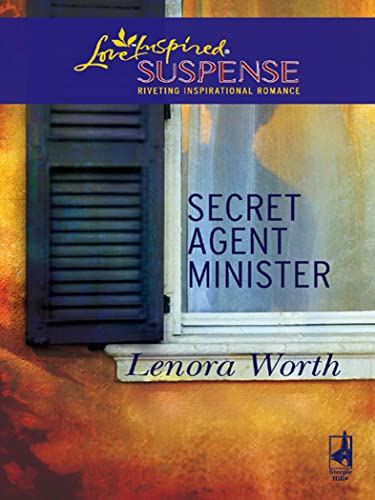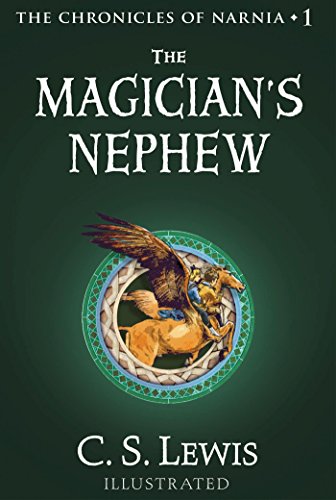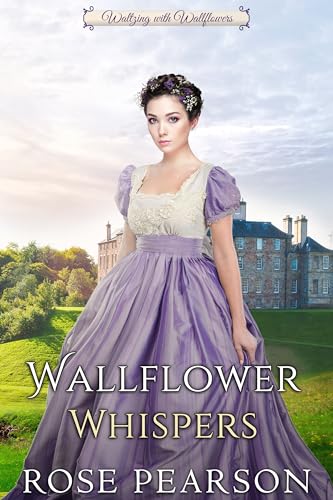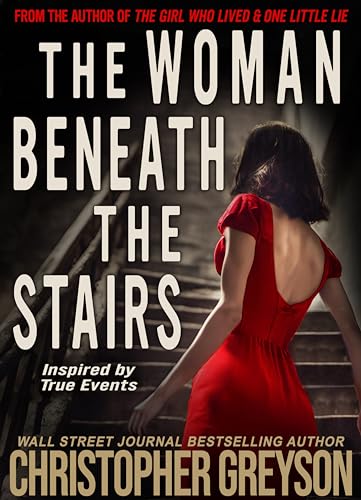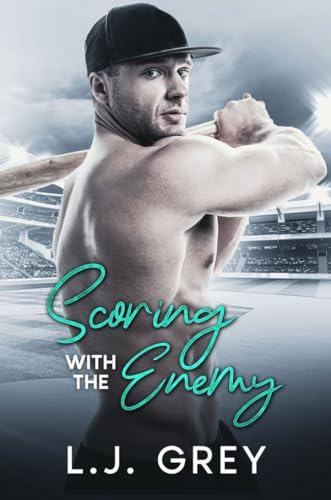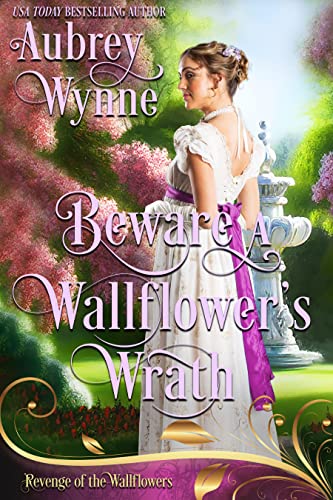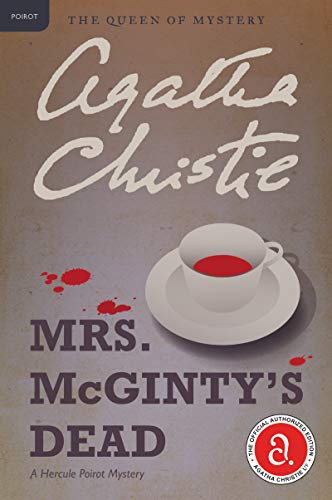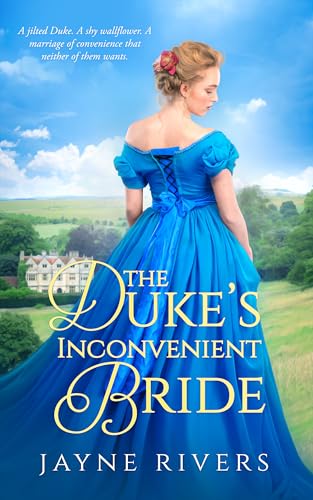It was my pleasure to sit in Friday evening with several other authors in a live panel discussion about books, ebooks, ebook prices and the Kindle Store on Stacey Cochran’s BookChatter podcast.
One thing that stood out about the panel was that it was populated by people who are doing very, very well as Kindle authors, and none of our books are the products of major publishers. The other participants were:
- Elisa Lorello, the author of the novel Faking It and a sequel, Ordinary World, both of which are among the top 25 Contemporary Romance bestsellers on the Kindle;
- Rob Kroese, whose humorous take on Armageddon, angels and the Anti-Christ, Mercury Falls, is currently #665 on the overall Kindle bestseller list;
- Holly Christine, whose “chick lit with a twist” novel Tuesday Tells It Slant is a great read that is among the top 2% of all books in the Kindle Store now, and which, with a little more attention, I expect to see rise into the Kindle Store’s top 1,000 bestsellers within the next few weeks;
- R.J. Keller, whose first novel Waiting for Spring is outselling over 455,000 of the 467,000 books in the Kindle Store despite having no marketing budget or big publisher muscle behind it; and
- Stacey Cochran, the show’s host, who has several successful books in the Kindle Store including The Kiribati Test, which has spent time in the Kindle Store’s top 100 titles and is currently among the top 1% of all titles in the Kindle Store sales rankings.
I had never spoken with any of the five before Friday evening, but we all have in common a passionate commitment to writing and to connecting with readers, and a willingness to look at the publishing process in new ways. Without the changes in technology that have occurred in book publishing in the past decade, all of these books might still be sitting in slush piles in the offices of literary agents and publishers, still waiting for their first real readers.
Now, thanks in large part to the Kindle and the passion that Kindle readers share for good reading, and of course to the hard work of the authors themselves, the authors on Friday evening’s panel have sold something on the order of a quarter of a million “copies” of their books already, and the future looks very bright for every one of them.
And they — or “we,” I should say, since I am proud to have participated in such an interesting discussion — are just the tip of the iceberg. Every day I connect with more authors who are experiencing astonishing success by publishing their books directly on the Kindle platform, and the result is that there are now thousands of books in the Kindle Store — selling millions of copies each month — that are enriching the reading experiences of Kindle owners while also enriching the bank accounts of the authors and of Amazon.
The Kindle will always be a great device for getting bestselling books into the hands of eager, waiting readers. But the Kindle is also the greatest device that has ever existed to get independently published books in front of the eyeballs and into the hands of engaged, interested, intelligent readers who then have the capacity to spread the word further about books that they value.
Amazon gets this, more and more authors get it, and the smartest and fastest independent publishers get it, too. Authors could not do it without the changes in technology that have revolutionized book “marketing” and taken the up-front capital costs out of ebook and print book publishing. Amazon could not do it without the efforts and courage of thousands of authors with an intense pent-up readiness to cast off the shackles of past subservience to the publishers-and-agents-as-literary-gatekeepers model.
In the Winter 2010 Kindle Nation Citizen Survey, 44 percent of the 1,892 respondents identified with the statement, “With higher bestseller prices, I’ll buy more backlist or indie titles.” It doesn’t matter that it was not a majority. (35% were neutral and 21% disagreed). What matters is that it is yet another evidence that, one and two and a hundred at a time, individual readers are moving dramatically toward a more independent approach to choosing and buying what they read, just as the audiences for music and movies evolved to embrace “indie music” and “indie films” over the past few decades. The stigma that used to cause readers and gatekeepers to sneer at “self-published” books is gradually vanishing, and it is being replaced inexorably by a more just kind of stigma and sneering: at books that lack quality. Some of those books come from independent or self publishers, to be sure, but even more of them, with a much larger footprint in our brick-and-mortar bookstores, come from the large mainstream publishers.
So the ebook revolution and the independent publishing revolution move forward together, with a growing number of authors and readers and publishers, and Comrade Bezos, all locking arms in common struggle. As these dramatic changes gain greater and greater force, other publishers, ebook manufacturers, authors, and petit-bourgeois shopkeepers will have to decide — as revolutions always force the great middle to decide — whether they are part of the problem or part of the solution.
Neither I, nor Kindle Nation Daily, nor my tiny publishing company Harvard Perspectives Press is an objective observer or neutral or innocent bystander here. I wear several hats — author, publisher, reader, reviewer, and chronicler — and while I take seriously the journalistic nature and responsibilities of much of what I do, I hope that it is self-evident that the journalism I practice is advocacy journalism. I hope that it is also self-evident that I would not allow Harvard Perspectives Press or Kindle Nation Daily to publish dreck, and that consequently it is as natural for me to let you know about these publications — whether they are by me or Rena Diane Walmsley or DL Rose
or Sue Katz
or some other author — as it is for me
 to share news about the books of other indie authors and publishers. And I may disagree with much of what is being said and done by the Big Six publishers, from their pricing and windowing tactics to their suppression of accessibility features like text-to-speech, but that will not keep me from sharing news about their books. We’re all grown-ups here, and if any of this gets out of balance I’m sure that you’ll vote with your feet.
to share news about the books of other indie authors and publishers. And I may disagree with much of what is being said and done by the Big Six publishers, from their pricing and windowing tactics to their suppression of accessibility features like text-to-speech, but that will not keep me from sharing news about their books. We’re all grown-ups here, and if any of this gets out of balance I’m sure that you’ll vote with your feet.
After the revolution, we’ll all be like that little guy sitting under the tree in Amazon’s Kindle for iPhone graphic: reading and writing in paradise.
Meanwhile, I hope you’ll take a good look at the great reads among the Kindle Store offerings of authors like Elisa Lorello, Rob Kroese
, Holly Christine
, R.J. Keller
, and Stacey Cochran
. And, oh yeah, that other guy from the panel
, too.




